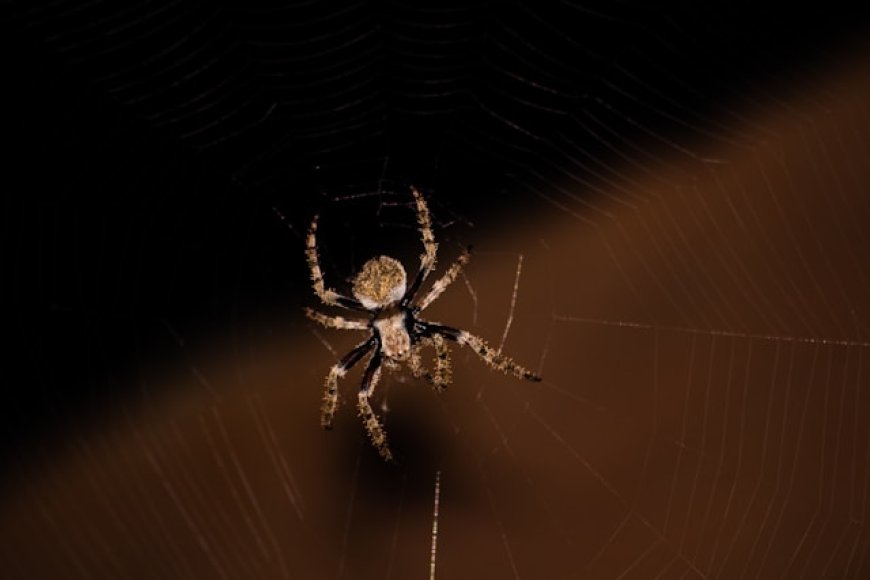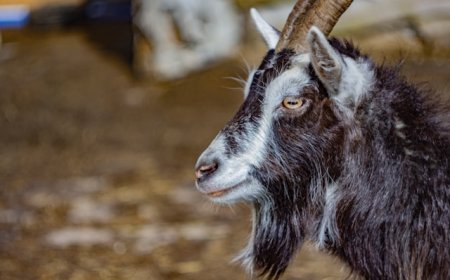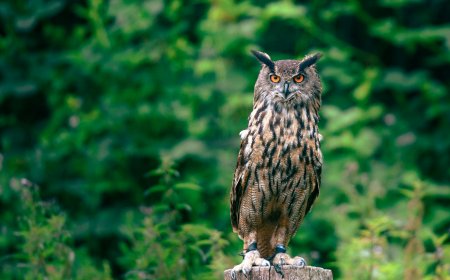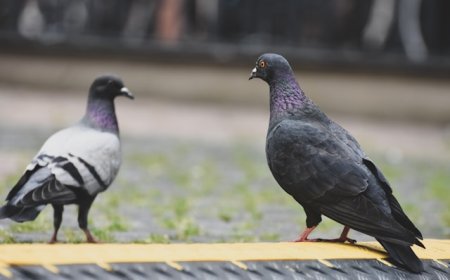Do Spiders Sleep? Surprising Facts About Spider Behavior
Do spiders really sleep? Discover fascinating insights into spider behavior, rest patterns, and what scientists say about these mysterious tiny creatures.

Sleep is a biological necessity in the animal kingdom. Humans, mammals and birds have special sleep cycles. Rest is the critical component of life even in some reptiles and fish. Spiders are the creatures that are vastly different from us. Do spiders sleep? The answer is not entirely straightforward and offers fascinating insight into the biology and behavior of these tiny creatures.
Before determining whether the spider sleeps. It's important to define what sleep actually means. In animals, sleep actually involves:
1. Minimum physical activity
2. Specific posture
3. Reduced responsiveness
Spiders do not sleep in the way that mammals birds and humans do. Some scientists agree that spiders experience a sleep-like state. This is often referred to as "rest". During this period spiders often remain motionless. They are less responsive to vibrations or nearby activity. In resting posture they curl their legs under their bodies. Researchers believe that spiders undergo a form of sleep but it is not identical to the animals.
Spiders appear to follow circadian rhythms. Circadian rhythm is the natural internal process that regulates the sleep wake cycle. Many spider species are active at night and sleep during the day. In laboratory experiments when spiders were placed in continuous darkness or light many still maintained their activity rhythms.
All spiders do not rest in the same way. There are over 50000 species of spiders in the world. They show wide variations in their behavior:
1. Web building spiders often rest in the center of their webs. Most of the time they remain still but react to the vibrations that signal the presence of prey.
2. Jumping spiders have more excellent vision and active hunting. They show more defined periods of rest.
3. Trapdoor spiders may spend long hours in their burrows with reduced activity.
Spiders rely on quick reactions for survival. These reactions help them to capture prey or avoid becoming prey. Lack of rest could impair their performance. In the future spider and other arthropods may help scientists to learn more about how sleep evolved and why sleep is essential as some creatures are without eyelids.
What's Your Reaction?
 Like
12
Like
12
 Dislike
0
Dislike
0
 Love
0
Love
0
 Funny
0
Funny
0
 Angry
0
Angry
0
 Sad
0
Sad
0
 Wow
0
Wow
0







































































